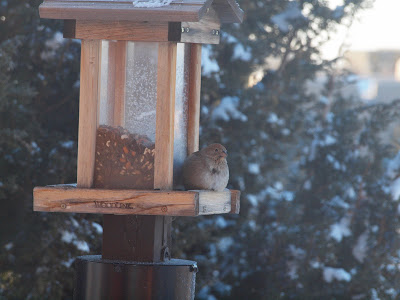 Crazy Gym Lady: He’s a lawyer, so he doesn’t do things like Excel.
Crazy Gym Lady: He’s a lawyer, so he doesn’t do things like Excel.
I haven’t been doing Crazy Gym Lady quotes lately, because I’m trying to practice tolerance. Which, for me, means not paying attention to her. But I couldn’t resist this one.
There’s been a lot of discussion about the RWA National Conference coming this summer. Mainly people being aghast at the costs. It takes place in New York City, so prices are higher. The hotel rooms are $211/night for double occupancy, which seems to be shockingly high to many people. The registration fee is higher, because the hotel costs are higher.
At this point, people start working their budgets. They look at outlay and profit. Investment and return. I see a lot of people discussing whether they’ll sell enough books, or get a high enough advance to justify the outlay. If you’re responsible about your finances, this is what you do, you weigh your cost versus your benefits.
The problem is, attending a convention like this brings mainly intangible benefits.
The success gurus all say that, if you want to be successful in your field, you should hang with the very successful people in your field. They advise to do whatever it takes just to be in the same room with the millionaires and billionaires. Now remember, these are usually people giving advice on businesses like real estate, investment banking, stock brokerage, entrepeneurial ventures. They regard the opportunity to get a 30-second piece of advice from one of the giants as invaluable. From being around them, you learn the realities of their lives and their business. So you actually know whether a lawyer uses Excel. Unfortunately for aspiring folks in these fields, it’s very difficult to get near the giants. They are simply not accessible, much less willing to give even less than a minute of their time.
It seems to me that people don’t recognize the opportunity RWA offers this way.
The millionaires in our field? They show up. They give keynote addresses. Susan Elizabeth Phillips gives an annual workshop on the secrets of writing a bestseller. I sat in the bar next to Nora Roberts while she had drinks and discussed the business. She also offers a seminar where people can ask her anything at all. Linda Howard chatted with me in the elevator. These are our millionaires, hanging out in the hotel bar and offering advice freely.
This just doesn’t happen in other fields. Even other genres.
I met Annie Proulx six or seven times, easily. She lived near my town and occasionally attended literary events. Every single time she was reintroduced to me, she acted like she’d never seen me before in her life. And this was not a big town. My friend, RoseMarie, and I were working up a great idea for an anthology about bars in the West. I asked Ms. Proulx if she’d be interested in contributing. She laughed in my face. Then glanced at some of the people she considered to be “real writers,” sneered and walked away.
Yeah, she’s a cantankerous type, but she wasn’t the only Big Name Writer to behave this way. When people get to be Very Important, they can become this way. Wanna-bes in their field are only so much dirt beneath their feet. They’re not going to help you.
Not like in RWA.
I included the photo above from two years ago at the convention, because these two fabulous authors, Jeri Smith-Ready and Cynthia Eden, became my friends. They’re not in the millionaire crowd yet, but they’re headed that way. They weren’t the Mean Girls, hanging only with the successful authors. And I know they never will be. They received help along the way and they offer help. Which is what it’s all about.
This kind of thing? It’s beyond price.







